
Putin’s North Korea Visit: A Problem for China, Say Analysts

Analysts say China has been placed in an awkward position by the warming ties between Russia and North Korea, which signed a comprehensive strategic partnership treaty during Russian President Vladimir Putin’s visit this week to Pyongyang.
The signing of the treaty, which stipulates that if one of the countries is in a state of war, the other will provide it with military assistance, climaxed a widely watched visit in which Putin was welcomed with lavish hospitality.
Putin described the treaty as a breakthrough document that will elevate the cooperation between the two countries to a new level. Kim called the treaty “peaceful and defensive in nature.”
An article in China’s official media, Global Times, quoted Chinese analysts as saying the enhanced alliance is a “rational choice” for Russia and North Korea after the United States and its allies have long sought to isolate and suppress the two countries.
But Kuo Yu-jen, a professor of China and Asia-Pacific studies at National Sun Yat-sen University in Taiwan, believes that Putin’s other consideration in making his first visit to North Korea in nearly 25 years is to use Pyongyang to contain China.
“Putin’s economic dependence on China has deepened because the war in Ukraine has become a war of attrition. So, he must play the North Korea card to contain China, which is equivalent to saying that Russia and China are mutually hostage. North Korea’s making trouble in East Asia is basically a very troubling thing for Beijing,” Kuo said.
As the war in Ukraine continues, Russia’s economic dependence on China deepens, and China’s role in the war has gradually become more important. Putin began to strengthen relations with North Korea to ease its financial reliance on China. Nine months ago, Kim visited Russia’s Far East.
Since strengthening its relations with Russia, North Korea’s provocative behavior in East Asia seems to have escalated. In 2022, the country launched more than 90 missiles, the most since Kim came to power. In 2023, North Korea launched the solid-fuel Hwasong-18 missile for the first time. After analyzing the shape and color of the smoke at the tail of the missile, experts pointed out that these technologies clearly came from Russia.
Deng Yuwen, a political commentator and researcher at the Center for China Analysis and Strategy, said on VOA Mandarin’s TV show on June 19 that Putin’s visit to North Korea may also want to remind China it is not Russia’s only ally.
“From China’s perspective, it does have some implicit reminder to China that, ‘I have other friends.’ China always has a boss mentality when it interacts with Russia,” he said.
Kuo believes Putin’s visit to North Korea may encourage closer cooperation among China’s pro-Western neighbors.
“This is why we can see that on August 18 last year, the United States, Japan and South Korea formed a small alliance. This is basically very bad for China,” he said.
On August 18, 2023, the leaders of the United States, Japan and South Korea held talks at the Camp David presidential retreat in the U.S. in what some analysts described as a “historic” qualitative change marking the reappearance of an “iron triangle” of the three countries.
Kuo said that once Russia and North Korea get closer, they will put pressure on China and at the same time, alienate Japan and South Korea from China.
Unlike Russia and North Korea, Beijing seems to be deliberately downplaying the Putin visit. At the regular press conference on June 18, in response to a reporter’s question, Chinese Foreign Ministry spokesman Lin Jian said simply, “This is bilateral engagement between Russia and the DPRK.”
Lin said on June 13, “China welcomes Russia to cement and grow ties with countries they have traditional friendship with.”
Tong Zhao, a senior fellow at the Carnegie Endowment for International Peace, said in an interview with Reuters that “China has certain reservations regarding North Korea’s deepening military cooperation with Russia, which could undermine Beijing’s near monopoly of geopolitical influence over Pyongyang. …
“China is also careful not to create the perception of a de facto alliance among Beijing, Moscow and Pyongyang, as this will not be helpful for China to maintain practical cooperation with key Western countries,” Zhao said.
China is in fact seeking to ease tensions with Japan and South Korea. Last month, China held a trilateral summit with the two countries to discuss North Korea’s nuclear weapons, which drew strong condemnation from Pyongyang.
China and South Korea held their first vice-ministerial diplomatic and security 2+2 dialogue in Seoul on June 18. According to the website of the Chinese Ministry of Foreign Affairs, the two sides introduced their respective diplomatic and security policies and exchanged views frankly and in-depth on China-South Korea relations and international and regional issues of common concern.
However, Kuo believes the relationship between Russia and North Korea is not as close as the leaders of the two countries portray it.
“The relationship between North Korea and Russia is that they need each other, but neither has met each other’s expectations,” he said.
Last September, Kim visited Russia and reached an important agreement with Putin to address North Korea’s energy shortage. Russia agreed to provide North Korea with 300,000 tons of refined oil and 100,000 tons of agricultural diesel, and asked North Korea to pay in U.S. dollars or rubles.
However, due to North Korea’s limited transportation capacity and ship safety issues, the actual delivery of oil and diesel was far lower than expected, resulting in severe challenges for North Korea’s agricultural production.


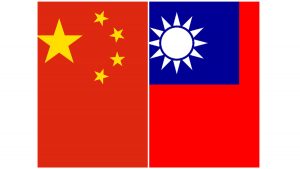
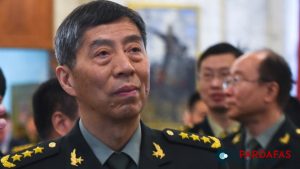
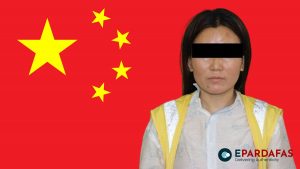
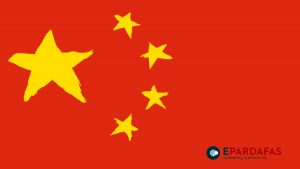
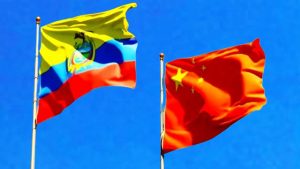
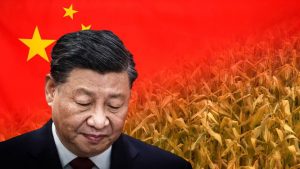



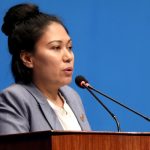

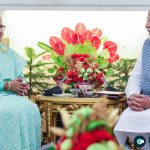
Comments